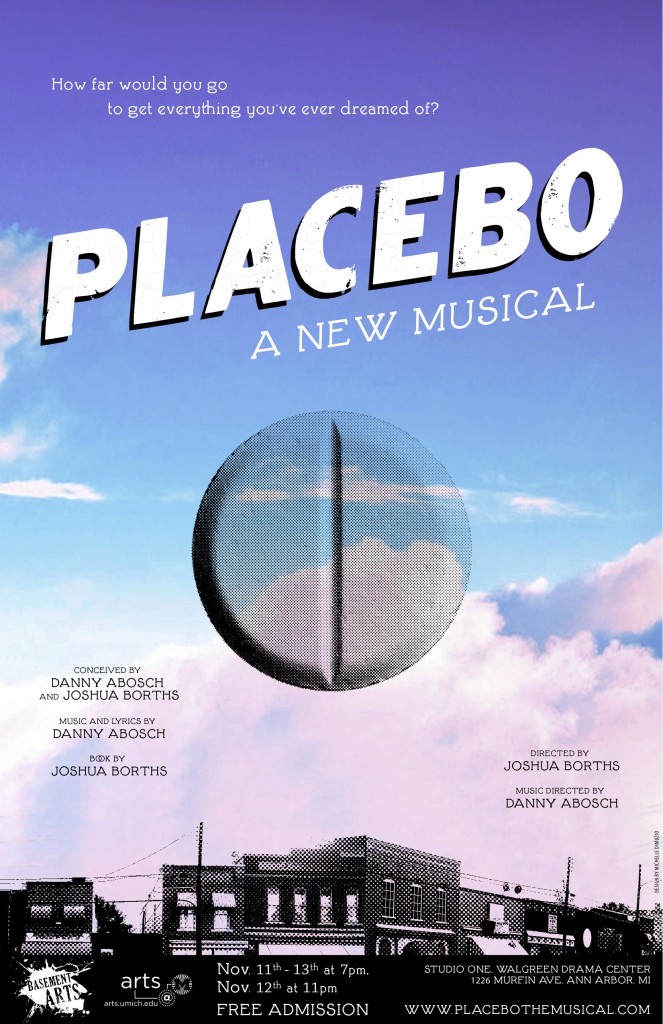Mild spoilers ahead: proceed with caution if you haven’t seen the movie and you’ve been living under a rock (or a bear) over the last few weeks …
Most of us know by now that Leonardo DiCaprio does a very good job of being one (he’s already won a Golden Globe and might well take home an Oscar for it), but how many people still aren’t quite sure — or haven’t yet got around to Googling it — what exactly revenant means? Even Microsoft Word puts a squiggly red line under it, not quite recognizing the noun as part of our standard English usage. Let’s do a quick pop quiz: do you think it means a) someone waking up from a dream? b) someone coming back after a long absence? c) someone returning from the dead?, or d) someone seeking revenge?










